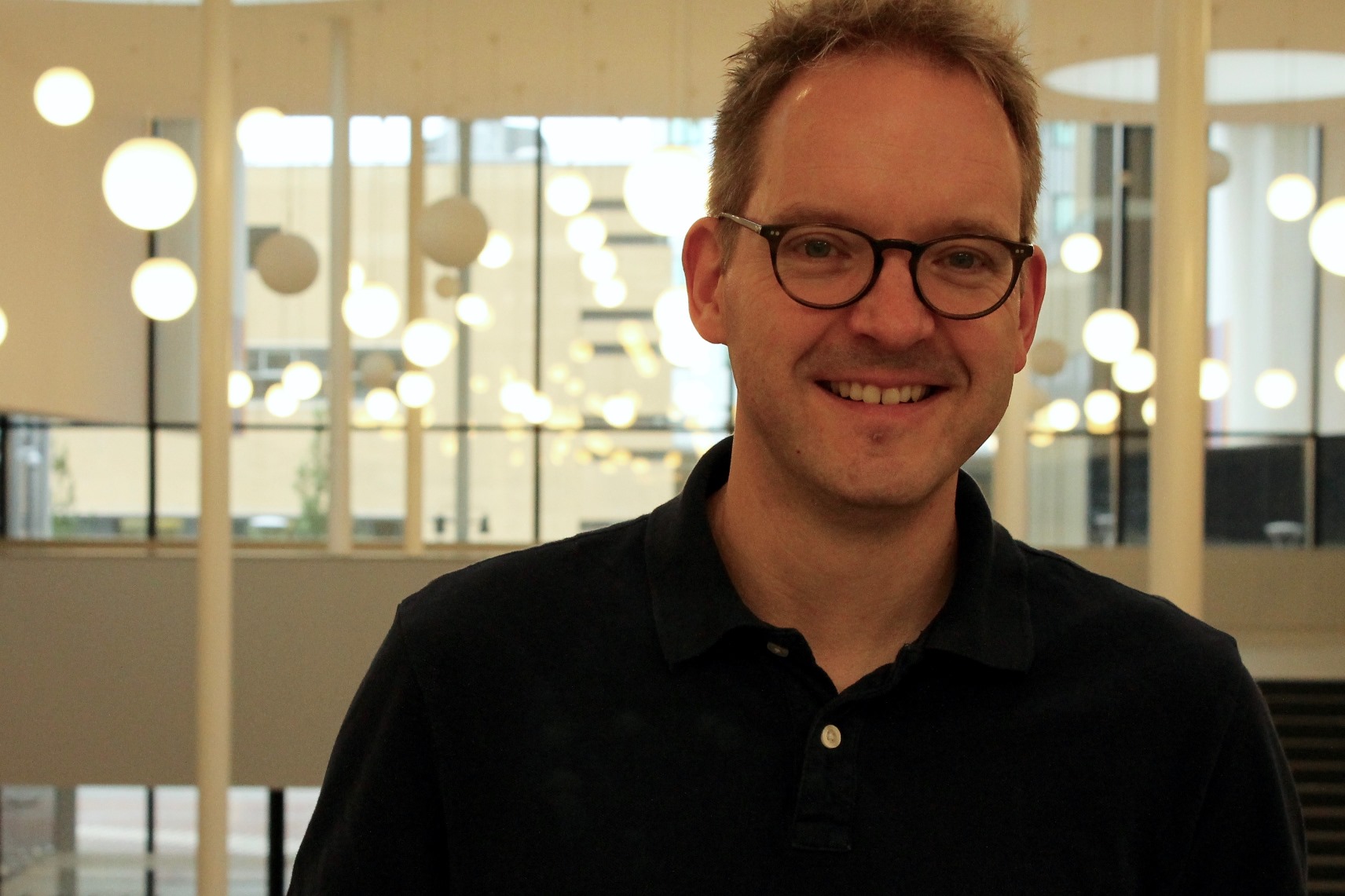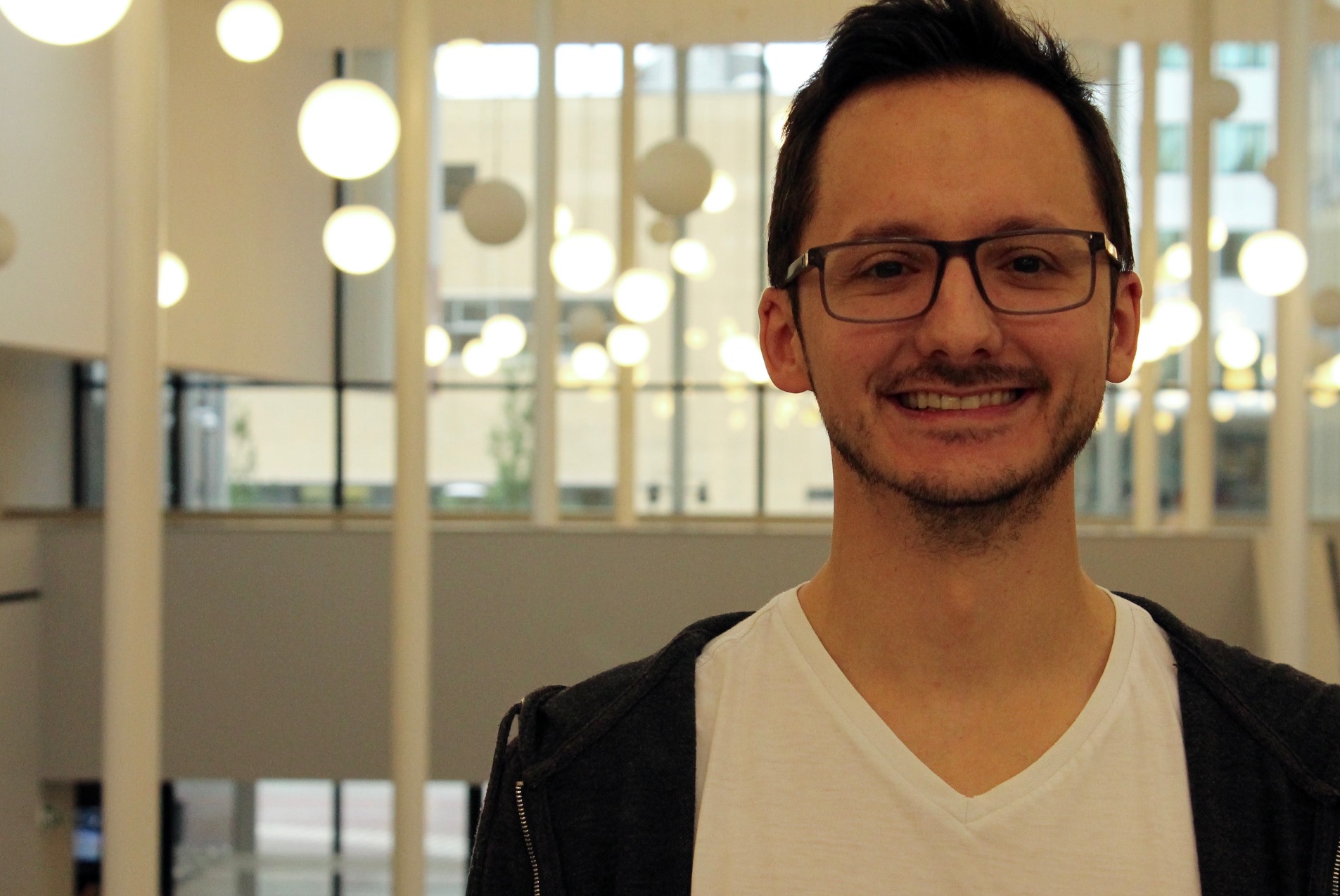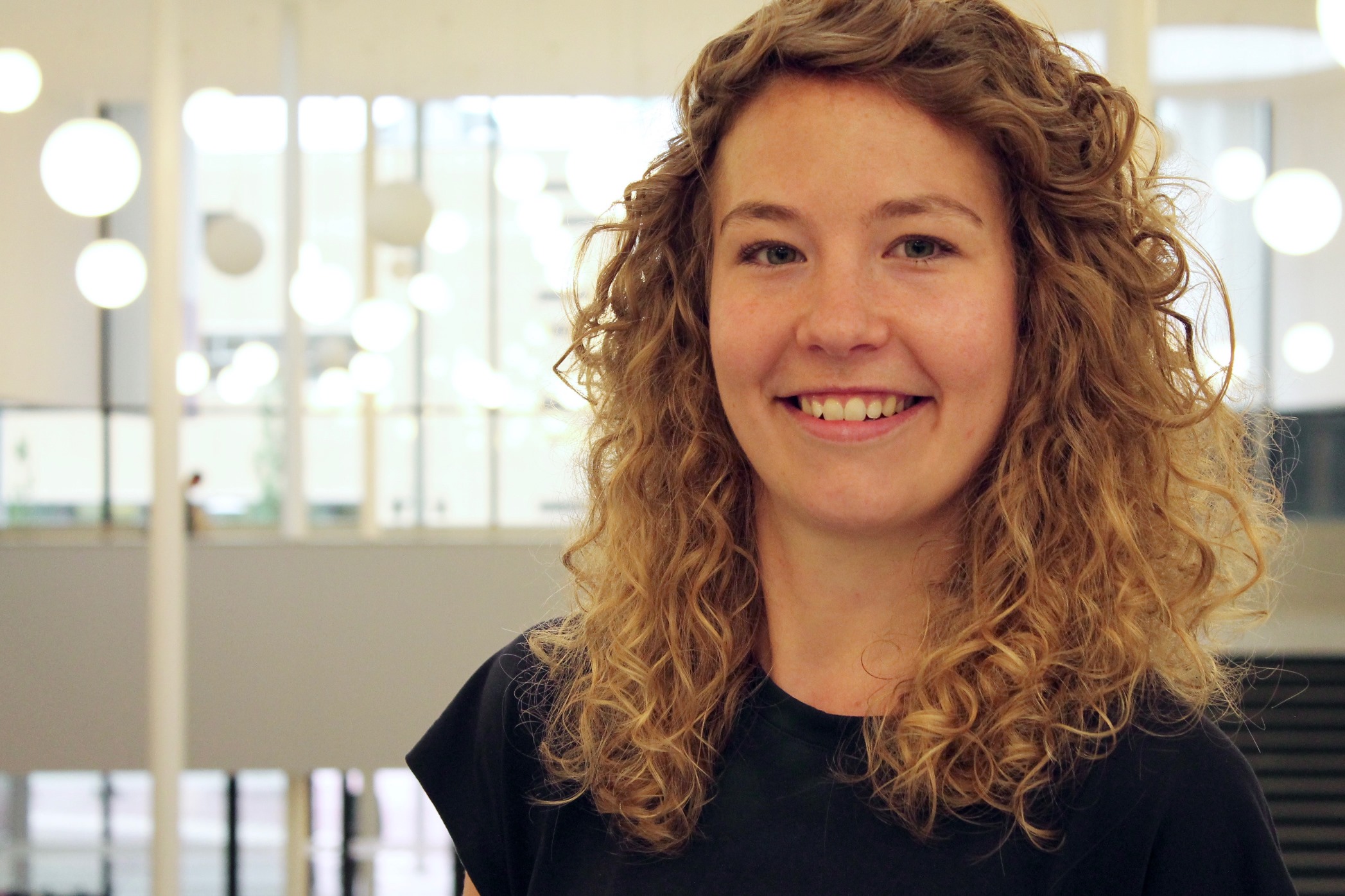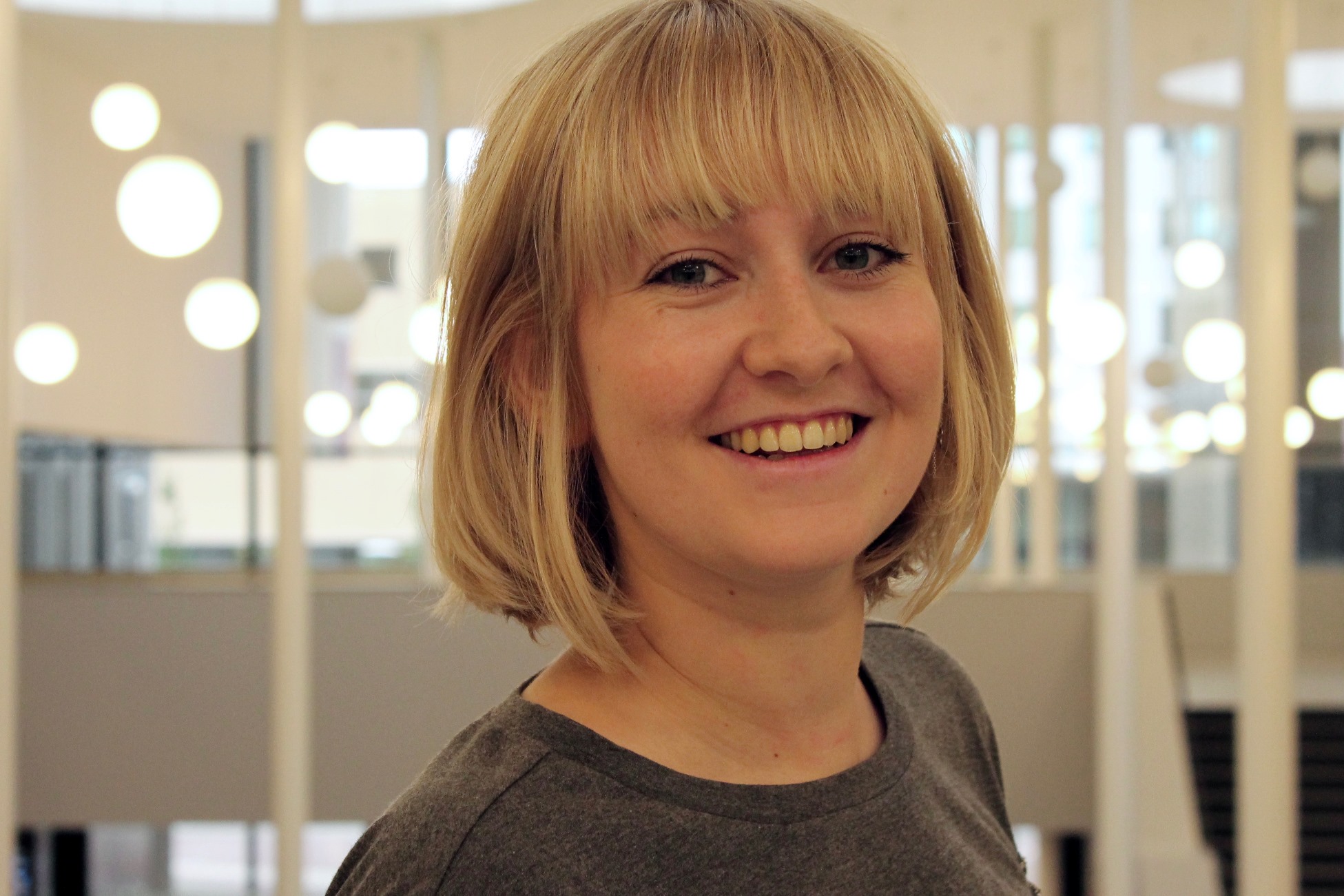Our team
Jochen Peter
Principle InvestigatorMy name is Jochen Peter and I work as a full professor at the Amsterdam School of Communication Research. I am the principal investigator of the CHILDROBOT project, which is supported by a grant I received from the European Research Council (ERC). The main purpose of the CHILDROBOT project is to develop an integrative framework of one of today’s most intriguing issues – children’s interaction with social robots. To this end, we work multi-disciplinarily. We use insights from communication research, human-robot interaction, and psychology to investigate how children interact with social robots and which potential consequences this may have. I strongly believe that the project can make an important, evidence-based contribution to our knowledge about a crucial technological change in children’s lives.
Rinaldo Kühne
Post-docMy name is Rinaldo and I work as an assistant professor at the Amsterdam School of Communication Research. In my work, I employ a media psychological approach, and my research focuses on the cognitive and emotional processes that underlie media uses and effects. In the CHILDROBOT project I work as a post-doctoral researcher. I am fascinated by social robots because they are a very unique communication technology. While most traditional media merely function as channels of communication, social robots can be our communication partners. Because social robots will be prevalent in the lives of our children, I am very interested in how children perceive, relate to, and learn from social robots and what psychological mechanisms explain the outcomes of child-robot interaction.
Caroline van Straten
Post-doc lecturerMy name is Caroline van Straten and I work as a postdoc lecturer at the Department of Communication Science at the University of Amsterdam. With a background in artificial intelligence and cognitive science, I am interested in the investigation of the mental processes that are elicited during interactions between humans and robots. In the CHILDROBOT project, I study the emergence of social relationships between children and robots. More specifically, I investigate how transparency about social robots’ mechanical status, as well as elements of social robots’ communication styles, affect how children perceive and relate to robots. What I like most about the research we conduct is that, no matter how long scientists like us discuss child-robot interaction, in the end children always keep surprising us!
Chiara de Jong
PhD CandidateMy name is Chiara de Jong and I work as a PhD candidate at the Amsterdam School of Communication Research. I have a background in Communication and Information Sciences with a focus on learning and development in children. In the CHILDROBOT project, I investigate which factors affect children’s acceptance of social robots. Furthermore, I aim to gain insight into the long-term development of children’s acceptance of social robots. I am particularly interested in the interaction between robots and children because it is a unique form of interaction. Social robots may have an extraordinary impact on people. Although we know that a robot is not alive, we are often inclined to attribute certain human characteristics to that robot. However, in the end my biggest motivation is to see the enthusiastic faces of children when they hear that they can play with a real robot.



